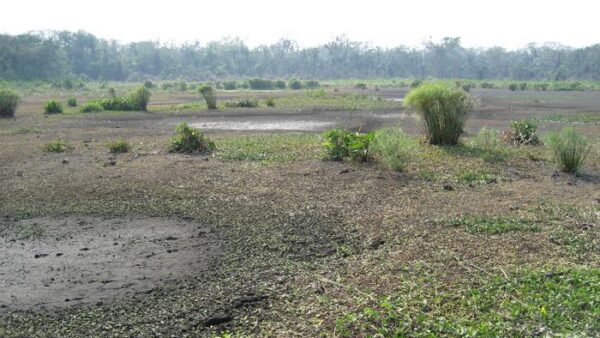There’s a new day to be aware of on your social media calendars.
The United Nations announced a decision today to establish an International Day of Plant Health every year on May 12. The decision was championed by Zambia and unanimously adopted by the UN General Assembly in a resolution co-signed by Bolivia, Finland, Pakistan, the Philippines and Tanzania, according to the Food and Agriculture Organization (FAO).
“The International Day of Plant Health will be an opportunity to highlight the crucial importance of plant health, both in itself and as part of our One Health approach, encompassing human, animal and ecosystem health,” said FAO Deputy Director-General Beth Bechdol in a press release about the day. “It could not be more vital to make sure that we do everything we can to maximize the food resources our planet can provide.”
Previously, the FAO hosted the International Year of Plant Health from 2020-2021. This endeavor was used to help promote the importance of plant health, which is a critical issue in addressing global hunger.
“We have great diversity of views, but the goals are the same in many ways,” Michael Keller told Seed World during the Year of Plant Health. “In the end, we all have one goal in common and that is sustainability itself. We must produce more with less and in a sustainable manner … Nobody can achieve this alone. There is a wealth of expertise around us and many groups representing different areas of focus. We must actively engage.”
Each year, the FAO reports about 40% of the world’s agricultural crops are lost to pests and diseases. This costs countries $70 billion annually and causes numerous losses in biodiversity.
This new day will promote that healthy plants constitute the foundation for all life on Earth and help aid food security and nutrition.
And it all starts with the seed.
“Improved seeds offer higher produce quality, better resistance to biotic and abiotic stress as well as enhance the shelf life of the produce,” Julia Harnal, vice president of sustainability & governmental affairs at BASF’s Agricultural Solutions division, said during the Year of Plant Health. “This provides more flexibility for farmers, food processors and traders; and enables consumers to longer enjoy the quality of agricultural goods.”













